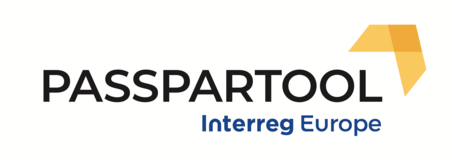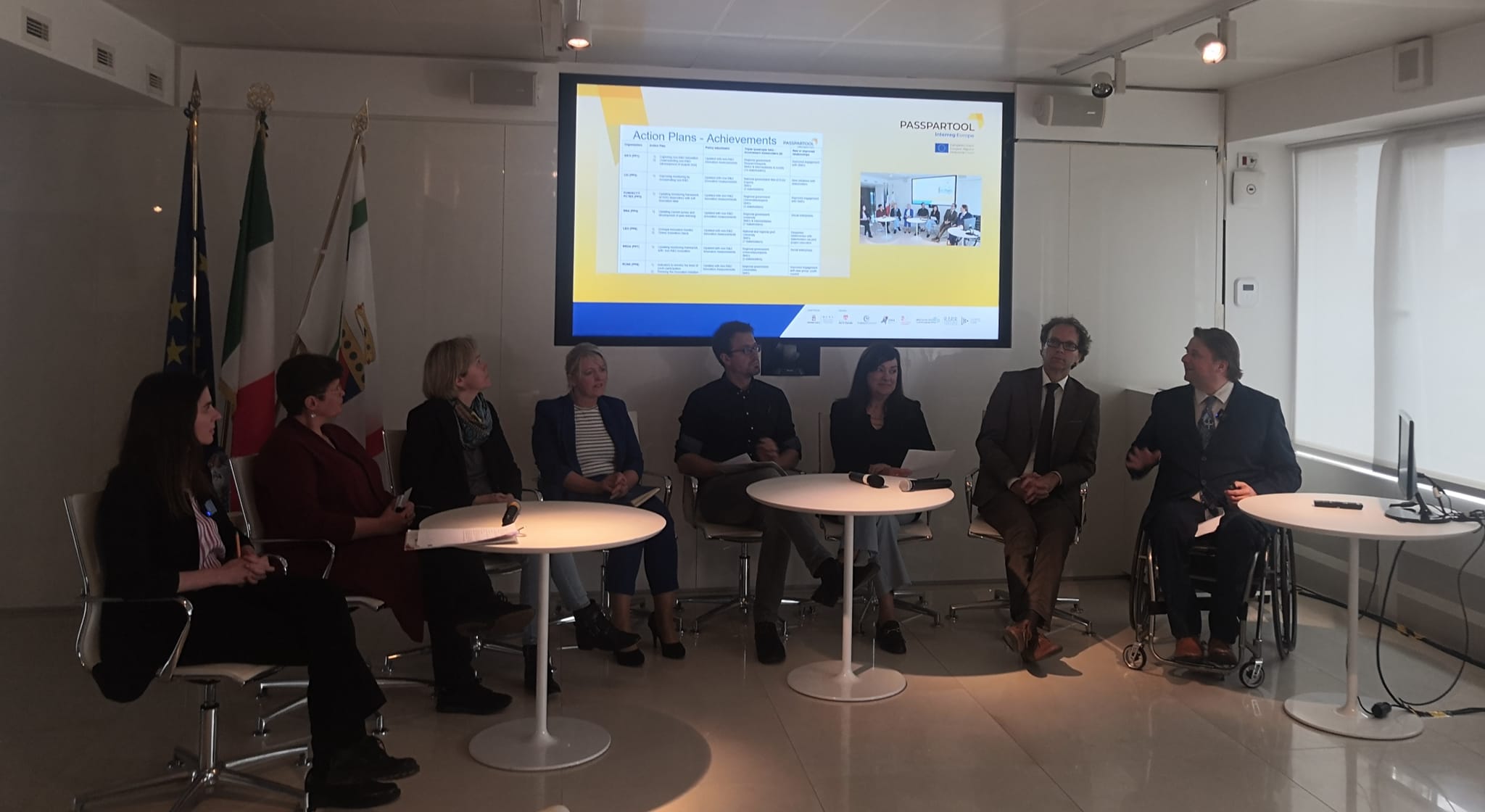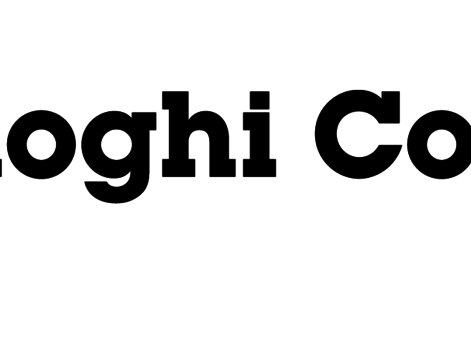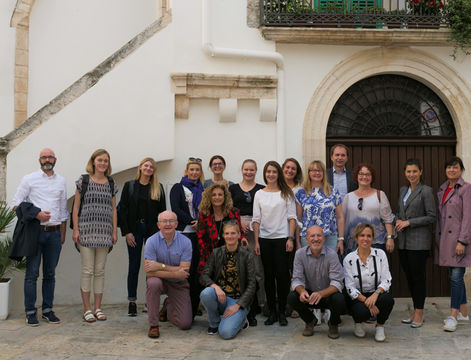The final event of the Passpartool project, held on May 10 in Brussels (Puglia Region Office), represented the opportunity to share the results and insights of a project that aimed to assess and improve soft innovation policies in seven regions across Europe. Soft innovation, also known as non-technological innovation, refers to the development of new and improved ways of organizing work, managing people, and delivering services. Such innovations tend to require less R&D and can have positive impacts on social and economic outcomes of regions.
The roundtable, moderated by Thijs Broekhuizen (University of Groningen), involved representatives of the 7 partners: ARTI (Italy), LIC (Lithuania), Fundecyt-PCTEX (Spain), NNA (The Netherlands), LEO (Ireland), RRDA (Poland), Regional Council of North Karelia (Finland).
The discussion focused on the progress made by the partners on the maturity scale for soft innovation policy making, the challenges faced in measuring and promoting soft innovation, and the action plans developed to improve the regional innovation ecosystems. The participants also exchanged best practices and learned from each other’s experiences.
Some of the key findings and outcomes of the project were:
• All partners have established a basic understanding of soft innovation and have collected data on it using surveys and participatory activities.
• Some partners have identified and evaluated existing projects that support soft innovation and have shifted towards more systematic and goal-oriented policy making.
• The measurement of soft innovation has led to networking advantages and new partnerships among stakeholders, as well as increased awareness and communication about the importance of soft innovation for regional development.
• The partners have faced challenges such as subjectivity, lack of uniform measures, context dependency, data collection difficulties, delayed impact assessment, and policy targeting issues. They have tried to overcome these challenges by using multiple sources of data, engaging SMEs, collaborating with experts, and adapting policies to specific needs such as micro-SMEs.
• The partners have secured funding for the continuation of the project and have devised action points for policy making in three themes: strategic partnerships and networking, collecting data and communicating about it, and adjusting and improving policies.
The lively discussion that ensued demonstrated again the importance of the topic, as it creates new narratives on regional innovation capabilities. Especially, when there is a lack of data on hard innovation (patents, trademarks), soft innovation may well represent the region’s ability to innovate. Measuring soft innovation also does not have to be costly, and it has the advantage that it can be communicated easily to SMEs.
Soft innovation is real and also helps to address serious regional issues like youth engagement and it can have a significant impact on regional resilience and growth.











